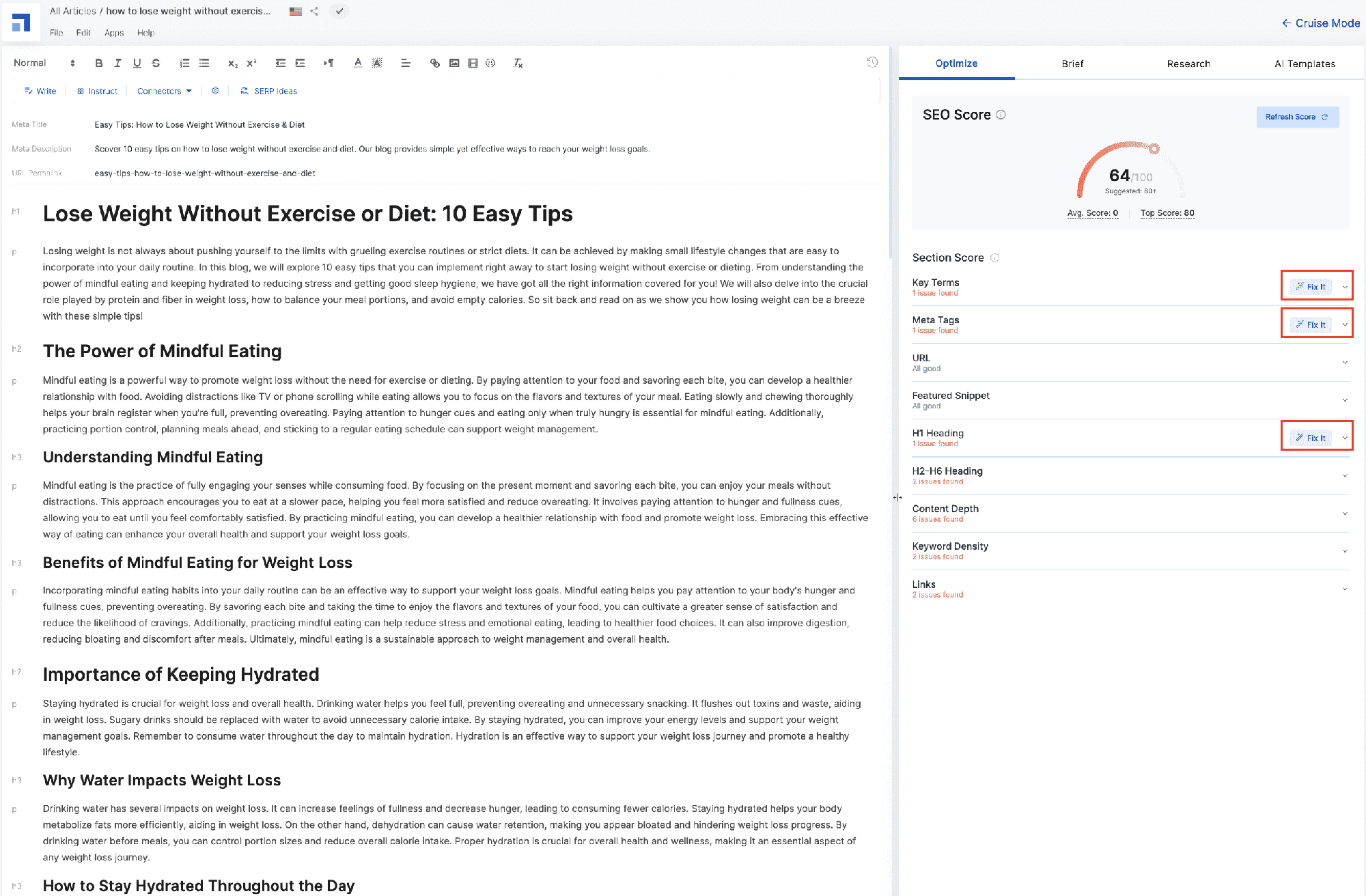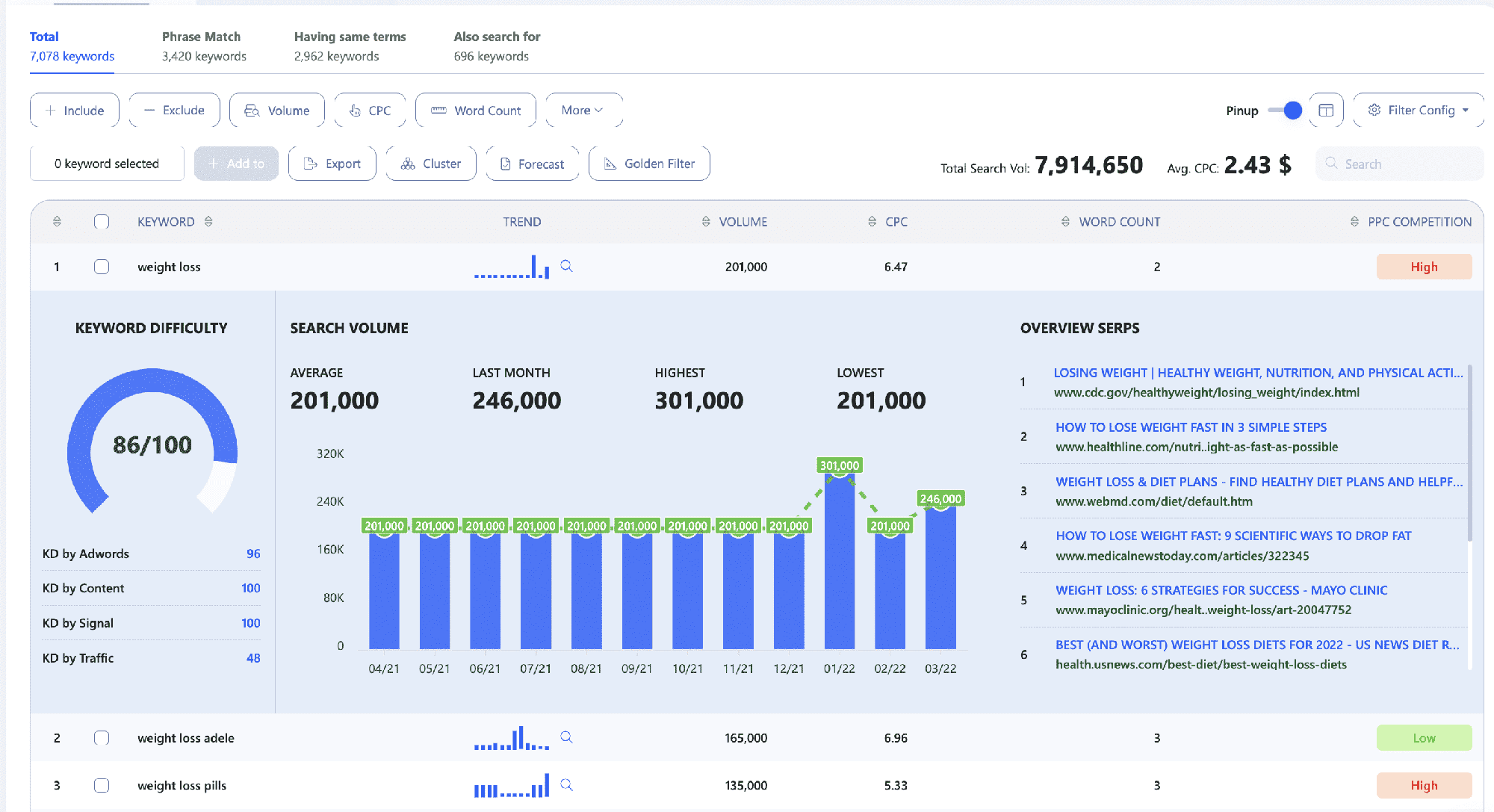Introduction
Writing is an essential skill for bloggers as it allows them to communicate effectively with their audience and convey their thoughts and ideas. Whether you are a beginner or an experienced blogger, improving your writing skills can greatly enhance the quality of your blog posts and engage more readers. In this blog section, we will explore some essential writing lessons that can help bloggers improve their skills and create compelling content.
We provides comprehensive insights on writing essentials for bloggers, covering areas such as grammar, spelling, sentence structure, writing style, editing, and audience engagement.
Bloggers often struggle to engage readers due to lack of effective writing skills. The article provides strategies to improve these skills for better reader engagement.
Key Takeaways:
- Grammar and Spelling Matter! Stay sharp with your grammar and spelling to ensure clear communication. Avoid common mistakes like misusing homophones or apostrophes.
- Sentence Structure is Key! Use a mix of simple, compound, and complex sentences for an engaging read. Avoid unnecessary jargon and opt for an active voice.
- Develop Your Unique Writing Style! Stand out from the crowd by finding your unique voice. Learn from other writers and experiment with different writing styles.
- Editing and Proofreading are Non-negotiable! Ensure high-quality blog posts through rigorous editing and proofreading. Use techniques like reading aloud, taking breaks, or changing document appearance to spot errors.
- Engage Your Audience! Capture readers’ attention with captivating headlines, visuals, and interactive content. Make your content relatable with storytelling and personal anecdotes.
The importance of writing skills for bloggers
Effective communication: Writing is the primary means of communication for bloggers. It allows you to express your ideas, share valuable information, and engage with your readers. Good writing skills enable you to convey your thoughts clearly and coherently, making it easier for your audience to understand and connect with your content.
Enhanced credibility: Well-written blog posts are more likely to be perceived as credible and authoritative. When your writing demonstrates grammatical accuracy, proper sentence structure, and well-organized ideas, your readers are more likely to trust the information you provide. This can boost your reputation as a knowledgeable and reliable blogger.
Increased reader engagement: Engaging content is key to attracting and retaining readers. Writing with clarity, creativity, and an engaging tone can captivate your audience and encourage them to stay on your blog, read more posts, and even leave comments. By honing your writing skills, you can create content that grabs your readers’ attention and keeps them coming back for more.
Improved SEO: Writing relevant and well-optimized content can significantly improve your blog’s search engine rankings. Search engines look for high-quality writing that is informative, engaging, and well-structured. By incorporating keywords naturally and writing in a way that satisfies user intent, you can increase your chances of ranking higher in search results.
Effective storytelling: Blogging often involves incorporating personal experiences, anecdotes, and narratives into your posts. Strong writing skills allow you to craft engaging stories that captivate your readers and evoke emotions. By mastering storytelling techniques, you can create a connection with your audience and make your blog posts more memorable.
To improve your writing skills as a blogger, consider the following tips:
- Read extensively: Reading a wide variety of materials, including books, articles, and other blogs, exposes you to different writing styles and helps you develop a deeper understanding of effective writing techniques.
- Practice regularly: Writing regularly, whether it’s through blog posts, journals, or creative writing exercises, helps you refine your skills, discover your voice, and develop your own unique writing style.
- Seek feedback: Share your work with friends, fellow bloggers, or writing communities to receive constructive criticism and valuable feedback. This will help you identify areas for improvement and refine your writing techniques.
- Edit and revise: Writing is a process that involves multiple drafts. Take the time to review, edit, and revise your blog posts. Pay attention to grammar, sentence structure, coherence, and clarity. A polished final draft will elevate the quality of your content.
- Experiment with different writing styles: Don’t be afraid to try new writing styles and techniques. Exploring different approaches to writing can help you discover what resonates most with your audience and keeps them engaged.
By consistently honing your writing skills, you can elevate your blogging game, attract a larger audience, and create compelling content that resonates with your readers. Remember that writing is a journey, and with practice and persistence, you can become a skilled and influential blogger.

Grammar and Spelling
The basics of grammar and spelling
When it comes to writing, grammar and spelling play a crucial role in ensuring your message is effectively communicated to your readers. Without proper grammar and spelling, your writing can be confusing and difficult to understand. Here are some essential lessons to improve your grammar and spelling skills as a blogger.
Firstly, understanding the basic rules of grammar is essential. This includes the proper use of punctuation marks, subject-verb agreement, sentence structure, and the correct formation of tenses. Having a strong foundation in grammar will help you construct clear and concise sentences that convey your ideas accurately.
Secondly, mastering spelling is equally important. Spelling mistakes can undermine your credibility as a writer and distract your readers from the content of your blog. Take the time to double-check your spelling, especially for commonly misspelled words. Consider using spelling and grammar checking tools to ensure accuracy.
Common grammar and spelling mistakes to avoid
There are several common grammar and spelling mistakes that bloggers should be aware of and strive to avoid. Some of these mistakes include:
- Using the wrong homophones, such as “their” instead of “there” or “your” instead of “you’re.”
- Misusing apostrophes, such as using “it’s” when it should be “its” or vice versa.
- Failing to use proper capitalization and punctuation.
- Overusing or misusing commas.
- Forgetting to proofread for spelling errors, such as typing “teh” instead of “the.”
By being aware of these common mistakes, you can actively work towards avoiding them in your writing.
Resources for improving grammar and spelling
Fortunately, there are numerous resources available to help you improve your grammar and spelling skills. Here are some useful tools and references:
- Online grammar checkers like Grammarly and ProWritingAid can help you identify and correct grammar and spelling errors in your writing.
- Style guides, such as the Chicago Manual of Style or the Associated Press (AP) Stylebook, provide comprehensive guidelines for grammar and punctuation usage.
- Writing courses and workshops, both online and offline, can provide structured lessons and feedback to improve your writing skills.
- Engaging with grammar blogs and websites, such as Grammar Girl and Purdue Online Writing Lab (OWL), can provide practical tips and explanations for common grammar and spelling issues.
By utilizing these resources and actively practicing your grammar and spelling skills, you can continue to improve as a blogger and deliver high-quality content to your readers. Remember, the more you practice and apply these essential writing lessons, the more confidence you will gain in your writing abilities.
Sentence Structure and Flow
When it comes to writing, having a clear and organized sentence structure is essential for effective communication. Bloggers, in particular, need to pay attention to their sentence structure to ensure that their message is conveyed to their readers accurately and efficiently. In addition to sentence structure, the flow of writing also plays a crucial role in engaging readers and keeping them interested in the content. Here are some essential writing lessons for bloggers to improve their skills in sentence structure and flow.
Tips for constructing clear and concise sentences
- Use a combination of simple, compound, and complex sentences to add variety and engage readers.
- Start sentences with adverb modifiers, transitional expressions, prepositional or infinitive phrases to avoid monotonous writing.
- Break down complex ideas into smaller sections to make them easier to understand.
- Avoid using excessive jargon or convoluted sentences that can confuse readers. Keep the language simple and straightforward.
- Use active voice instead of passive voice to make the sentences more energetic and easy to follow.
Techniques for improving the flow of writing
- Break up long blocks of text with white space, headings, bullet points, and different fonts to make the content visually appealing and easier to read.
- Use visuals such as images, charts, or infographics to supplement the text and enhance the overall flow of the writing.
- Create a rough outline before writing to structure your thoughts and ensure a smooth flow of ideas.
- Eliminate unnecessary words and phrases that can clutter the writing and slow down the flow.
- Vary sentence length to maintain a rhythm in the writing. Use short sentences to emphasize important points and longer sentences for providing more detail and connecting ideas.
Examples of effective sentence structure and flow
Consider the following examples:
- Poor Sentence Structure: The dog was chased by the ball.
- Improved Sentence Structure: The ball chased the dog.
- Poor Flow: I had a cup of tea. Looked outside my window. Did my eye exercises. Even rolled my eyes at my computer screen.
- Improved Flow: I had a cup of tea and then looked outside my window. After that, I did my eye exercises and even rolled my eyes at my computer screen.
By applying these lessons and techniques, bloggers can enhance the clarity, conciseness, and flow of their writing, resulting in more impactful and engaging content for their readers. Remember, good sentence structure and flow are crucial for effective communication and keeping readers interested in your blog post.
Developing a Writing Style
As a blogger, having a unique writing style is essential to stand out from the crowd and engage your audience. It allows you to create a personal connection with your readers and make your content memorable. Here are some essential writing lessons to help you improve your skills and develop your own writing style.
Understanding the importance of a unique writing style
Having a unique writing style sets you apart from other bloggers and makes your content more memorable. It helps to establish your brand and create a consistent voice that resonates with your audience. A unique writing style can make your blog more appealing and increase the chances of your readers coming back for more.
Finding your unique voice can be a process of trial and error. Experiment with different writing styles, tones, and structures until you find the one that feels most natural to you. Pay attention to your audience’s feedback and adapt your style accordingly. It’s essential to strike a balance between being authentic and meeting your readers’ expectations.
Finding inspiration from other writers
Reading the work of other writers can provide valuable insights and inspiration for improving your own writing. Explore different genres and styles, both within and outside your niche. Pay attention to sentence structure, word choice, and how writers effectively convey their message.
One way to find inspiration is by analyzing and dissecting the writing you admire. Identify what elements make their writing appealing to you and try to incorporate those techniques into your own work. Pay attention to their use of storytelling, humor, or engaging introductions, and experiment with incorporating those elements into your writing.
Another way to improve your writing is by taking online writing courses. Many platforms offer free courses that cover various aspects of writing, including grammar, storytelling, and persuasive writing. Websites like Class Central and FutureLearn provide a wide range of options to help you develop and refine your writing skills.
Remember, developing a unique writing style takes time and practice. Don’t be afraid to experiment, seek feedback from your readers, and continue to refine your writing as you grow as a blogger. With dedication and persistence, you can create engaging content that showcases your unique voice and keeps your readers coming back for more.
Editing and Proofreading
As a blogger, it’s crucial to have strong writing skills to effectively communicate your ideas and engage your readers. Editing and proofreading are essential steps in the writing process that ensure your blog posts are polished and error-free. Here are some strategies for effective editing and proofreading to improve your writing skills:
Strategies for effective editing and proofreading
- Let Your Document Sit: After finishing your blog post, set it aside for a few hours or even overnight. This allows you to gain distance and approach the piece with fresh eyes, making it easier to spot errors and areas for improvement.
- Find a Quiet Place to Work: Concentration is crucial for effective editing and proofreading. Choose a quiet spot where you can avoid distractions and focus solely on your work without interruptions.
- Review Your Draft in Stages: Break down the editing process into stages. Start by assessing the overall structure and clarity of your message. Then, move on to line editing for sentence structure, word choice, and punctuation. Finally, focus on copy editing to ensure correct grammar and syntax.
- Read Your Text Aloud: Reading your blog post aloud helps you identify awkward phrasing, run-on sentences, and missing words. You can also try using text-to-speech software to have your words read back to you, providing a fresh perspective on your writing.
- Take Regular Breaks from Editing: It’s challenging to maintain focus on detail-oriented work for extended periods. Schedule regular breaks to prevent fatigue and maintain your attention to detail.
- Use a Cover Sheet: To avoid re-evaluating text you’ve already reviewed, use a blank sheet of paper to cover the portions of your blog post that you haven’t checked yet. This helps you stay focused and keeps track of your progress.
- Change Your Perspective: Alter the visual appearance of your document by changing the font size, spacing, color, or style. This tricks your brain into seeing the text as unfamiliar, making it easier to spot errors and inconsistencies.
- Edit Backwards: Start editing your blog post from the end, paragraph by paragraph. This technique helps you review each section out of context and allows you to focus on individual paragraphs for clarity and flow.
Remember, editing and proofreading are essential to producing high-quality blog posts that resonate with your audience. By following these strategies, you can improve your writing skills and ensure that your blog posts are polished and error-free.
Engaging Your Audience
When it comes to blogging, one of the most important aspects is engaging your audience. Capturing and maintaining their attention is crucial for a successful blog. Fortunately, there are several techniques that bloggers can use to make their content more compelling and keep readers coming back for more.
Techniques for capturing and maintaining reader attention
To capture your readers’ attention from the start, it’s essential to have a captivating headline and opening sentence. The first sentence should maintain the interest sparked by the headline and highlight an aspect of your content that sets it apart. This could be a unique angle, a promise of practical advice, or an interesting storytelling element.
Beyond the introduction, it helps to make your content visually appealing. Break up long blocks of text with relevant images that give readers a momentary break while still keeping their attention. Visuals can enhance the overall reading experience and make your content more dynamic.
Another effective technique is to encourage questions from your readers. Leave them with thought-provoking content that sparks curiosity and invites them to engage further. This can be done by hinting at future topics for discussion or actively seeking their feedback and suggestions. By creating a sense of community, you can build a loyal audience that keeps coming back for more.
Incorporating storytelling and personal anecdotes
In addition to these techniques, incorporating storytelling and personal anecdotes into your blog posts can make them more relatable and engaging. Humans are naturally drawn to stories, and they help to create a connection between the reader and the content.
By using storytelling, you can make complex concepts and abstract ideas more understandable and relatable. Sharing personal experiences and real-life examples can bring clarity to your messages and make them more memorable. Emotion is also a powerful tool in storytelling, as it triggers emotional responses and captures the reader’s attention on a deeper level.
Furthermore, storytelling allows readers to see themselves in the narrative, making it more impactful and relevant to their own lives. It fosters a sense of commonality and community, creating a stronger bond between the reader and the content.
Overall, engaging your audience is crucial for a successful blog. By utilizing techniques to capture and maintain reader attention, as well as incorporating storytelling and personal anecdotes, bloggers can elevate their content and create a loyal and dedicated audience.





